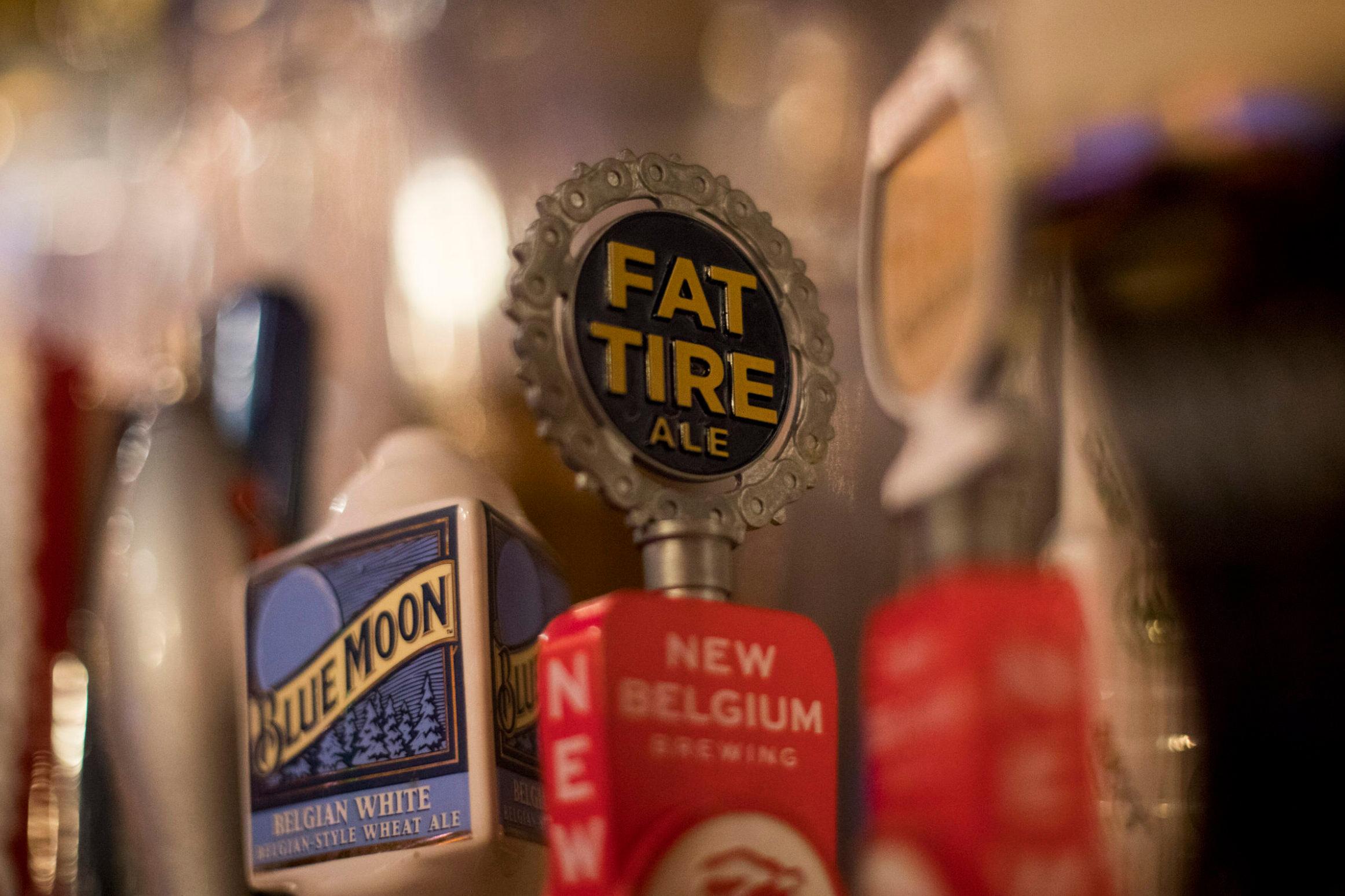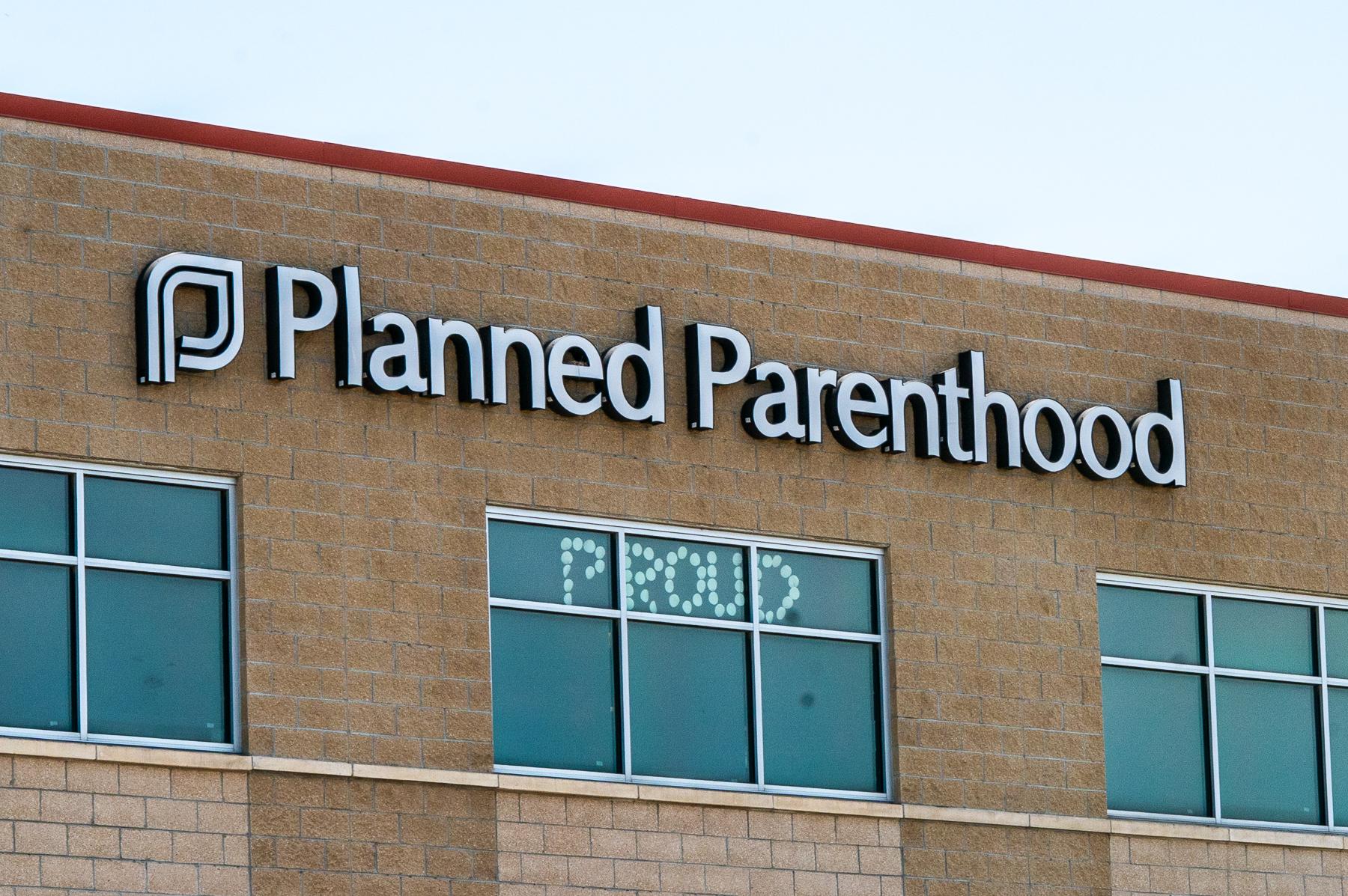
It's taken New Belgium decades of prioritizing sustainability to get here and now their flagship beer, Fat Tire Ale, is the first U.S. beer to be certified carbon neutral.
New Belgium isn't a stranger to Earth-friendly efforts.
In the 90s, the brewery became the first to power its business with wind-generated electricity credits. In the early 2000s, the company installed Colorado's largest privately-owned solar array at the time.
"We've long been on this path towards carbon neutrality," said Katie Wallace, the brewery's director of social and environmental impact.
To earn the certification from SCS Global Services, which also certifies products for the "Non-GMO Project," New Belgium combined their efforts of direct emissions reductions with the purchase of carbon offsets, "in the areas where we're kind of stuck," said Wallace.
The offset purchases will sponsor carbon-sequestration efforts through forest management, regenerative agriculture and renewable energy. Wallace said the goal is to support projects that will help the company continue its work to decrease direct emissions, ones "that transform our own supply chains."
New Belgium's goal is to have all of its beers certified carbon neutral by 2030. Wallace said they've learned a lot from this first step.
"It's a pretty big undertaking because we're not only talking about the emissions at our own brewery," Wallace said. "We're talking about the emissions at the barley farms and our malting facility, the trucks that transport our raw materials and our beer. Refrigeration, manufacturing and packaging. We're looking at the entire life cycle."
Craft beers have long been trying to find a path forward for sustainability. Creative efforts have included refillable bottles, recycling of waste grain or — in a very Colorado twist — the capturing of carbon dioxide and injecting the gas into indoor marijuana grow houses to help with cultivation.









